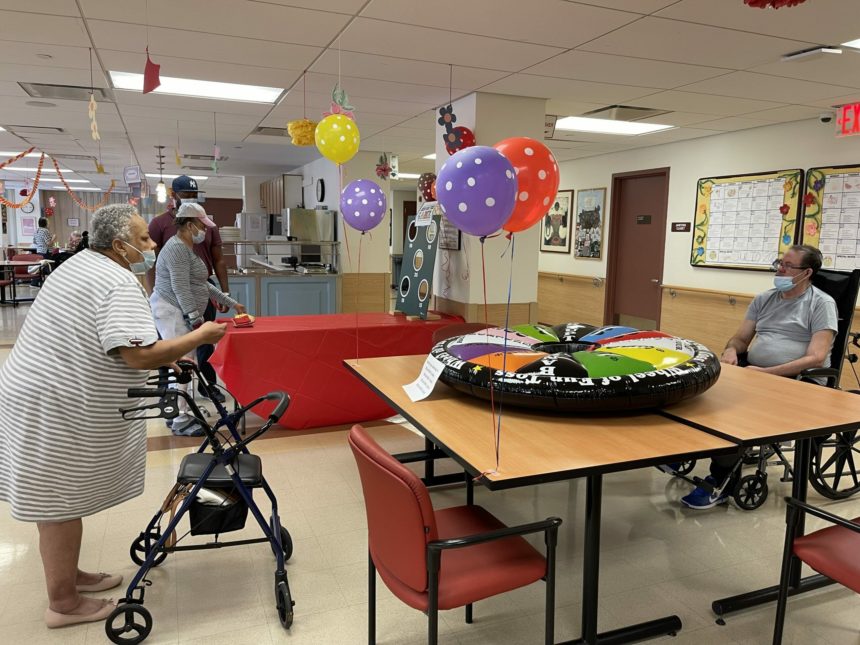
An innovative plan in New York State could expand the Program of All-Inclusive Care for the Elderly (PACE) to more people.
The New York State PACE Alliance is meeting with the Center for Medicare and Medicaid Innovation (CMMI) in a couple of weeks to pitch a pilot program that would expand PACE to Medicare-only beneficiaries in the Empire State for a fee. PACE is now offered only to those 55 and older who are dually eligible for Medicare and Medicaid.
Scott LaRue, president and CEO of ArchCare, which runs a PACE program in New York City, told McKnight’s Home Care Daily the pilot has the backing of New York Sen. Chuck Schumer (D) and the New York State Health Department.

“Everyone has expressed enthusiasm for what we’re trying to do here and we believe that the authority that CMMI has is broad enough to allow them to authorize us to do this model in New York,” LaRue said.
PACE is funded by both Medicare and Medicaid, and is designed to keep people who need skilled nursing in their homes. The program provides medical and dental care, therapy, meals and socialization at PACE centers. It also provides in-home services. Approximately 5,500 people in New York are currently enrolled in nine PACE programs.
The pilot program New York is proposing would allow Medicare beneficiaries to buy into PACE at a tiered rate depending on the level of services they would need. LaRue said there would likely be five different rate tiers.
“It’s driven by the amount of support they need in the home,” LaRue explained. “So, someone who needs an aide to come into the home two hours a day, two days a week for support functions or help with household tasks is going to pay less than someone requiring help 12 hours a day.”
PACE currently provides services to 55,000 people in 31 states, but the high cost of building PACE centers and regulating them have hamstrung expansion. LaRue said New York’s plan could help provide PACE programs the additional capital needed to open and operate centers.
“There isn’t a downside here,” LaRue said. “It’s not costing anyone any more. It’s allowing individuals to use their private resources to buy into a program that everyone agrees is in their best interests.”
The timing couldn’t be better for the New York pilot. PACE programs generally fared well during the pandemic, nimbly shifting some of their services from centers to homes. The program has also gained attention in recent months as the Biden administration pushes to expand home-and-community-based services in its infrastructure plan.
“I’ve never been more optimistic about PACE. If we can’t capitalize on this at this time, I think PACE will be relegated to a niche program that isn’t a solution for the larger population,” LaRue said.
This article originally appeared on McKnight's Senior Living



